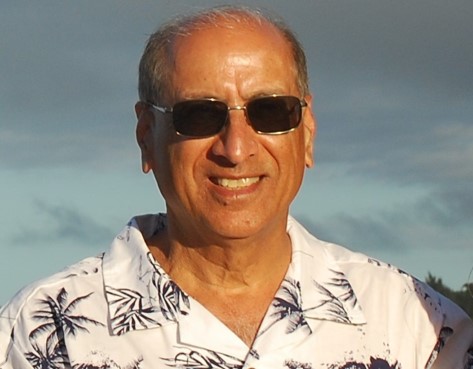 |
Dr. Jaynarayan Lala is a Senior Principal Engineering Fellow at Raytheon Technologies. He is the Cyber Technology Director for the Raytheon Missiles and Defense (RMD) business unit where he has led advanced cyber technology development for the past 19 years. He is now also serving as the RMD Product Cybersecurity Officer. Jay has 47 years of experience that spans industry, government and research & development labs. At DARPA, he initiated ground-breaking research in intrusion-tolerant and self-healing systems. He was honored with the Secretary of Defense Medal for Exceptional Public Service for his work at DARPA. Prior to DARPA, for spent nearly a quarter century at Draper Lab in Cambridge, MA, where he architected fault-tolerant computers for many mission- and safety-critical platforms, including Seawolf Submarine, aircraft engine controllers and spacecraft. Jay has authored over 50 peer-reviewed publications, books and book chapters and has five patents. He (along with two Draper colleagues) received the IFIP Jean Claude Laprie award in 2015 for his work on the Fault Tolerant Multi-Processor (FTMP). Jay is a Life Fellow of IEEE and an Associate Fellow of AIAA. Jay received Doctor of Science and Master of Science degrees from MIT in Aero & Astro and a Bachelor of Technology (Honors) from Indian Institute of Technology, Bombay. |
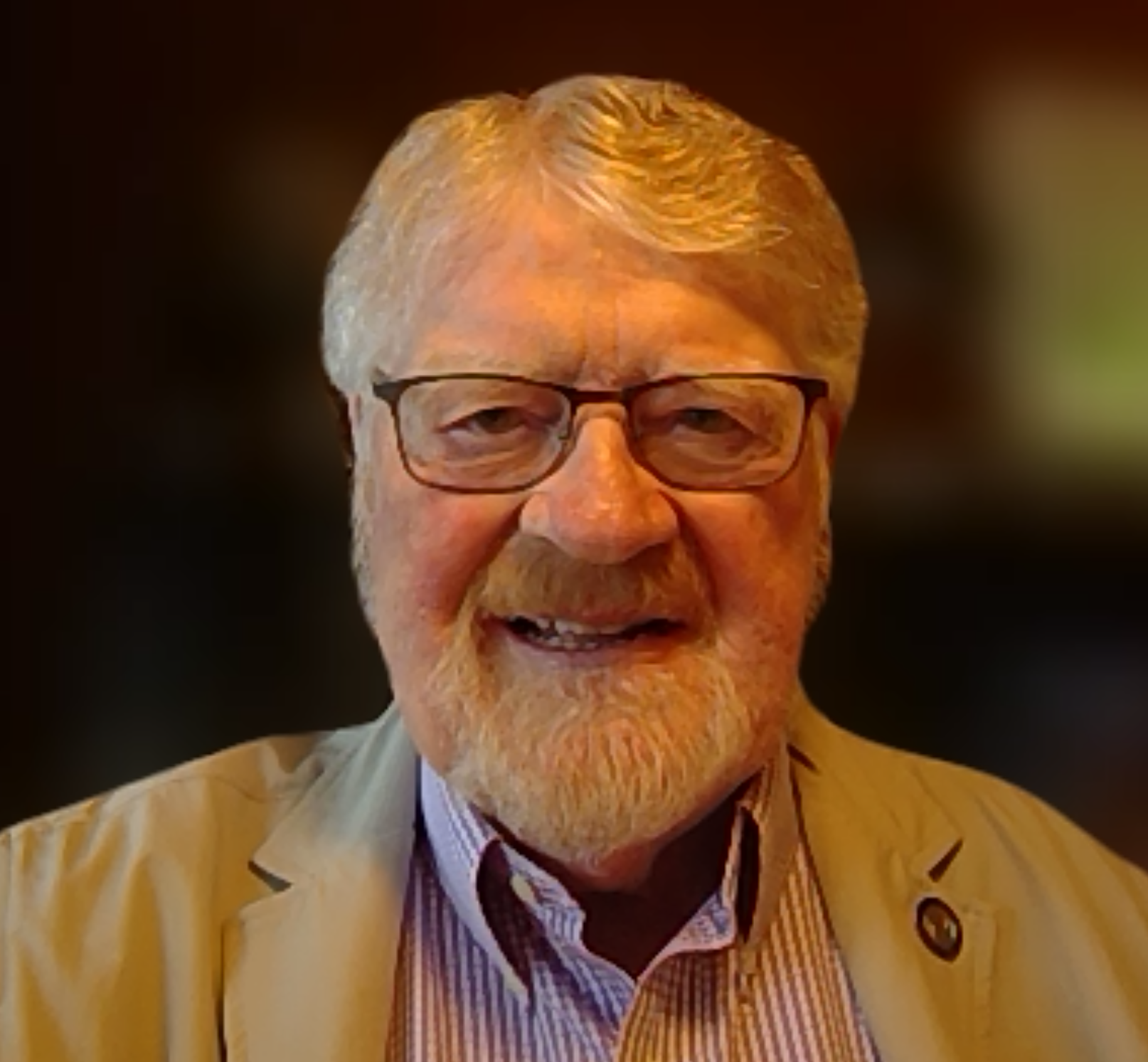 |
Dr. John Meyer is is a Professor Emeritus of Computer Science and Engineering at the University of Michigan, Ann Arbor, MI, USA. He joined the U-M faculty in 1967 and in addition to his appointments there, he's held visiting research positions at laboratories in England, France, Italy, Japan, and Sweden. He's perhaps best known for introducing the concept of "performability" (1975), a unified performance-dependability measure which precipitated decades of innovative work ranging from basic research to tool-based performability evaluations of complex systems and networks. Prior to joining the Michigan faculty, Meyer was a Research Engineer at the Cal Tech Jet Propulsion Laboratory, where his contributions included the first patent issued to NASA (1963). He holds BS and PhD degrees from the University of Michigan (1957, 1967) and an MS degree from Stanford University (1958). Dr. Meyer has received honors and awards from various institutions including NASA, U-M College of Engineering, IEEE, IEEE Computer Society, IFIP, and IFIP Working Group 10.4. He's been a member of WG 10.4 since its founding (1980) and was an inaugural recipient of the WG 10.4 Jean-Claude Laprie Award in Dependable Computing (2012). Details concerning his publications and professional activities can be found at: https://web.eecs.umich.edu/~jfm |
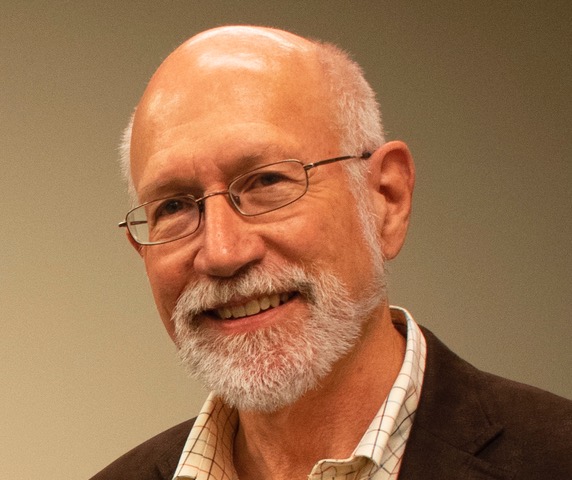 |
Dr. Carl Landwehr is is Visiting Professor at the University of Michigan and collaborates with the Cyber Security and Privacy Research Institute at George Washington University. He consults with NSA's Science of Security research program and has served as an advisor to research programs at DARPA, HRL Laboratories, Rockwell Collins, Sandia Laboratories, the US Office of Naval Research, and other programs in Europe and Australia. In the early 2000's, Dr. Landwehr created and led research programs for the National Science Foundation (NSF) and the Intelligence Advanced Research Projects Activity (IARPA) that funded a wide range of groundbreaking university and industry research related to cybersecurity and privacy. In the 1980s and 90s he was a Supervisory Computer Scientist at the US Naval Research Laboratory, where he led a research group in cybersecurity. He has taught computer science at Purdue, Georgetown, the University of Maryland and Virginia Tech. He holds a BS degree in Engineering and Applied Science from Yale University and MS and PhD degrees from the University of Michigan in Computer and Communication Sciences. He is a Fellow of the IEEE for contributions to cybersecurity and a member of the inaugural class of the U.S. National Cyber Security Hall of Fame. |
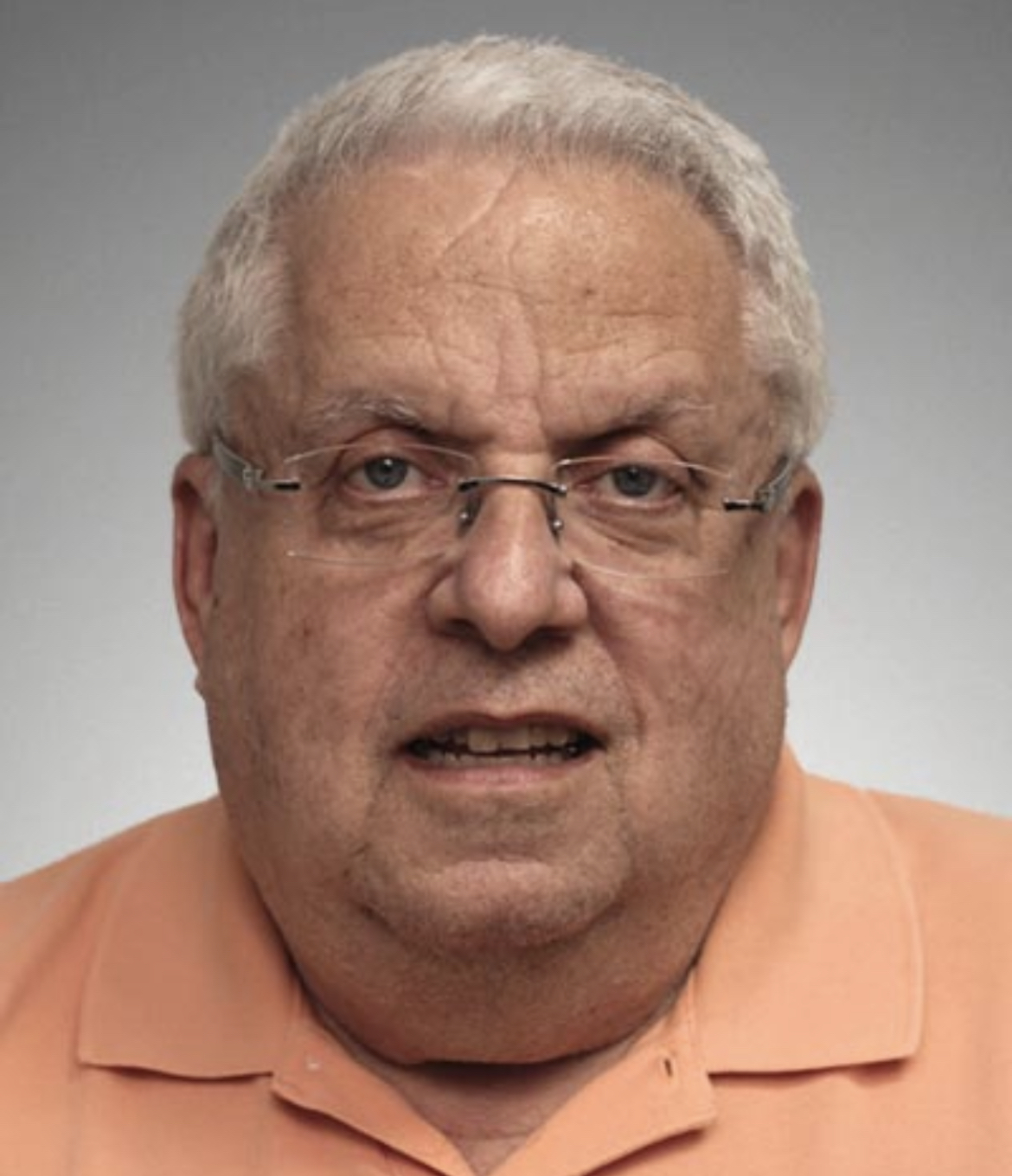 |
Dr. Charles Weinstock is a principal research in the CERT divsion within the at the Software Engineering Institute (SEI) at Carnegie Mellon University. He has a PhD in Computer Science, an MS in Industrial Administration, and a BS in Mathematics from Carnegie Mellon. In over 35 years at the SEI, Weinstock has worked in the areas of model-based verification, fault tolerant computing, open-source software, distributed real-time systems, architecture analysis, assurance cases, confidence, and argumentation theory. Weinstock's interest in fault tolerant computing began while he was at SRI International where he was the principal software designer and implementer of the SIFT (Software Implemented Fault Tolerance) system. Weinstock has also worked at Tartan Laboratories and Illinois Institute of Technology. In June 2014 Weinstock (and other SRI International colleagues) received the Jean-Claude Laprie Award in Dependable Computing for his work on the SIFT system. |
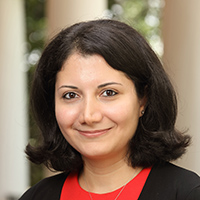 |
Dr. Homa Alemzadeh is an Assistant Professor in the Department of Electrical and Computer Engineering and Computer Science (by courtesy) at the University of Virginia since 2017. She is also affiliated with the UVA Link Lab, a multi-disciplinary center for research and education in Cyber-Physical Systems (CPS). Before joining UVA, she was a Research Staff Member at the IBM T. J. Watson Research Center. She received her Ph.D. in Electrical and Computer Engineering from the University of Illinois at Urbana-Champaign and her B.Sc. and M.Sc. in Computer Engineering from the University of Tehran. Her research interests are at the intersection of computer systems dependability and data science, in particular data-driven resilience assessment and design of CPS with applications to medical devices, surgical robots, and autonomous systems. She is the recipient of the 2022 CAREER Award from the National Science Foundation and 2017 William C. Carter Ph.D. Dissertation Award in Dependability from the IEEE TC and IFIP Working Group 10.4 on Dependable Computing and Fault Tolerance. Her work on the analysis of safety incidents in robotic surgery was selected as the Maxwell Chamberlain Memorial Paper at the 50th annual meeting of the Society of Thoracic Surgeons (STS) and was featured by the MIT Technology Review, Wall Street Journal, and BBC, among others. Alemzadeh has served on the technical program committees and organizing committees of several conferences and workshops in dependability, security, and cyber-physical systems such as IEEE DSN, ISSRE, PRDC, SELSE, HotSoS, WoSoCer, RSDA, IEEE/ACM ICCPS, and Medical CPS. |
 |
Dr. Cristina Nita-Rotaru is a Professor of Computer Science in the Khoury College of Computer Sciences at Northeastern University (since 2015) where she leads the Network and Distributed Systems Security Laboratory (NDS2). Prior to joining Northeastern she was a faculty in the Department of Computer Science at Purdue University (2003 - 2015). She served as Associate Dean of Faculty at Northeastern University (2017 - 2020) and as an Assistant Director for CERIAS at Purdue University (2011 - 2013). Her research lies at the intersection of security, distributed systems, and computer networks. The overarching goal of her work is designing and building secure and resilient distributed systems and network protocols, with assurance that the deployed implementations provide their security, resilience, and performance goals. Her work received several best paper awards in IEEE SafeThings 2019, NDSS 2018, ISSRE 2017, DSN 2015, two IETF/IRTF Applied Networking Research Prize in 2018 and 2016, and a Test-of-Time Award in ACM SACMAT 2022. She is a recipient of the NSF Career Award in 2006. Cristina Nita-Rotaru has served on the program committee of numerous conferences in networking, distributed systems and security such as IEEE S&P, USENIX Security, ACM CCS, NDSS, ACM Wisec, USENIX OSDI, USENIX ATC, ACM SOCC, ACM SIGCOMM, ACM CoNEXT, IEEE INFOCOM, IEEE ICNP, WWW, IEEE ICDCS, IEEE/IFIP DSN, Eurosys, and Euro S&P. She was an Associate Editor for IEEE Transactions on Computers, ACM Transactions on Information Systems Security, Computer Networks, IEEE Transactions on Mobile Computing and IEEE Transactions on Dependable and Secure Systems. She was a chair for ACM Wisec 2010, IEEE CNS 2013, ACM GameSec 2013, IEEE DSN 2016, and IEEE ICNP 2018. She is a general co-chair for IEEE DSN 2022 and a co-chair for the ISOC NDSS Steering Committee. |
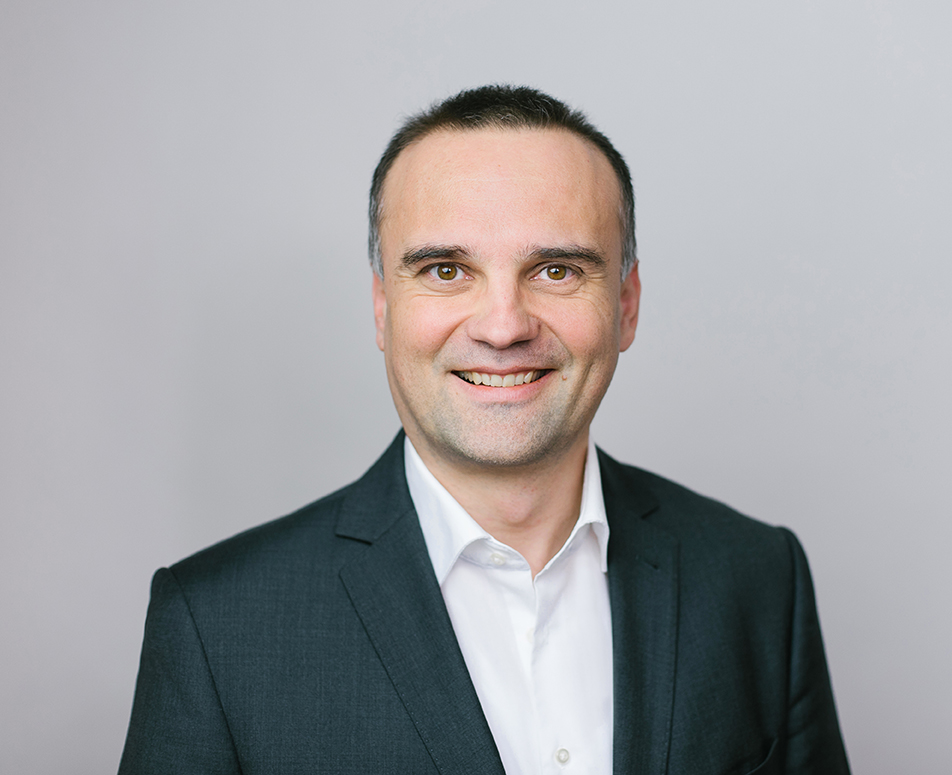 |
Dr. Wilfried Steiner received a degree of Doctor of Technical Sciences and the Venia Docendi in Computer Science, both from the Vienna University of Technology, Austria (in 2005 and 2018, respectively). From 2009 to 2012, he was awarded a Marie Curie International Outgoing Fellowship hosted by SRI International in Menlo Park, CA. His research is focused on dependable cyber-physical systems for which he designs algorithms and network protocols with real-time, dependability, and security requirements. Wilfried Steiner has been the SAE AS6802 (Time-Triggered Ethernet) editor and served multiple years as a voting member in the IEEE 802.1, standardizing time-sensitive networking (TSN). He is the Director of the TTTech Labs, which acts as the center for strategic research within the TTTech Group. |
|








